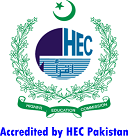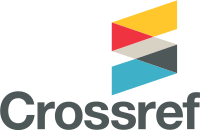The GSP+ and Exports of Pakistan to the European Union
DOI:
https://doi.org/10.56384/jes.v38i2.254Keywords:
GSP , Regression, Compound Growth Rate, the State Bank of Pakistan, UN Comtrade DatabaseAbstract
The European Union (EU) introduced a scheme known as GSP+ (Generalised Scheme of Preferences Plus) for importing products from developing countries, effective from January 2014, with lowering of tariffs substantially. The GSP+ is termed as a ‘special incentive arrangement for sustainable development and good governance.’ There are currently eight GSP+ beneficiary countries: Armenia, Bolivia, Cape Verde, Kyrgyzstan, Mongolia, Pakistan, the Philippines, and Sri Lanka. This study is focused on the exports of Pakistan, Sri Lanka, and the Philippines to the European Union. In addition, the impact of GSP+ on the trade of Pakistan, Sri Lanka, and Philippines. Descriptive statistics and regression analyses have been performed to identify the impact of GSP+. For regression analyses, data for the period 2008-2019, i.e., six years before the GSP+ (2008-2013) and six years after the GSP+ (2014-2019) has been studied. The result shows that Pakistan is the most beneficiary of the GSP+ as compared to Sri Lanka and the Philippines. It has also been noticed that the exports of Pakistan have shifted from Asia and Africa to the EU in the wake of the GSP+.















